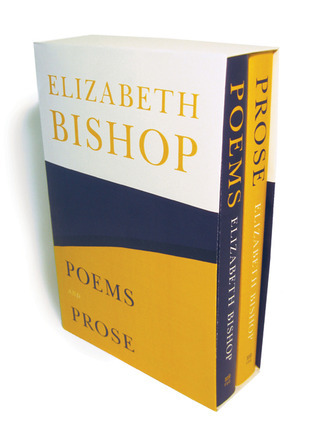What do you think?
Rate this book


896 pages, Hardcover
First published February 14, 2008
"....doing nothing,
or nothing much, forever, in two bare rooms:
look through binoculars, read boring books,
old, long, long books, and write down useless notes,
talk to myself, and, foggy days,
watch the droplets slipping, heavy with light."
"…I have seen it over and over, the same sea, the same,
Slightly, indifferently swinging above the stones,
Icily free above the stones…
…It is like what we imagine knowledge to be:
Dark, salt, clear, moving, utterly free,
Drawn from the cold hard mouth
Of the world, derived from the rocky breasts
Forever, flowing and drawn, and since
Our knowledge is historical, flowing, and flown."
Mapped waters are more quiet than the land is,
lending the land their waves’ own conformation:
and Norway’s hare runs south in agitation,
profiles investigate the sea, where land is.
Are they assigned, or can the countries pick their colors?
– What suits the characters or the native waters best.
Topography displays no favorites; North’s as near as West.
More delicate than the historians’ are the map-makers’ colors.
It’s evident
the art of losing’s not too hard to master
though it may look like (Write it!) like disaster.